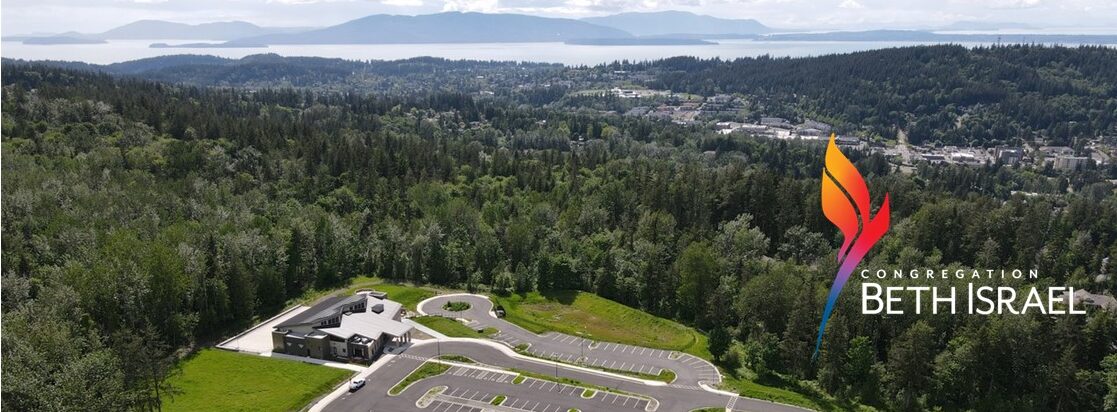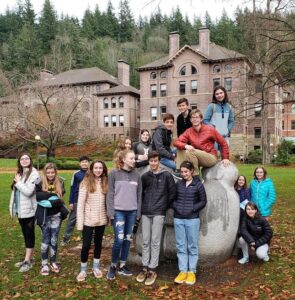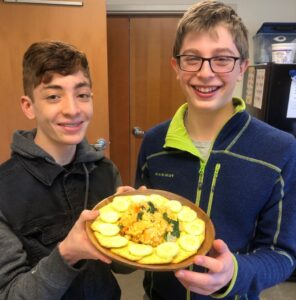Meets weekly on Sundays from 10 a.m. to 12:30 p.m.
Holocaust Studies
In honor of Noemi Ban, who taught for decades in the Bellingham community about the love and strength she learned through her survival of the Holocaust, we teach the Holocaust from a perspective of individual stories of strength, endurance, and courage. Our 8th graders will deepen their own relationship to Judaism, while learning how people held onto their humanity and their Judaism in the face of chaos and terror.
Students will learn the history, starting well before the war, with the creation of the Weimar Republic through the Holocaust and it’s aftermath. They will also learn about the reactions from other countries, including America. It is just as critical to explore people’s lives before and after the war, in order to understand who these Jews were and how they rebuilt their lives. We will connect this history to our own lives today, learning how to recognize and deal with anti-semitism, and our own responsibilities to stand up against bullying, bigotry, and hate.
Students will learn about the various groups involved, including bystanders, collaborators, perpetrators, and rescuers, while applying these lessons to contemporary events.
Students will also spend time this year exploring what their own responsibilities are to themselves and to others, and how they want to go out in the world as individuals and as Jews. Students will explore their own ideas about God in the face of tragedy, enrich their Judaism in witnessing their ancestors’ strength and resiliency, and learn about what those ancestors held dear and fought for.
We are very pleased to offer this revamped, now for 8th grade curriculum, developed in combination with previously used curriculum, culling resources from many renowned educational organizations including: “Facing History and Ourselves”, “Teach the Shoah”, “Echoes and Reflections”, and in collaboration with many educators, including the Ray Wolpow Institute for the Study of the Holocaust, Genocide, and Crimes Against Humanity at Western Washington University. We are proud of the outcome of this work to be able to offer a curriculum that engages and challenges students to think critically, share ideas, and ask questions of themselves.


